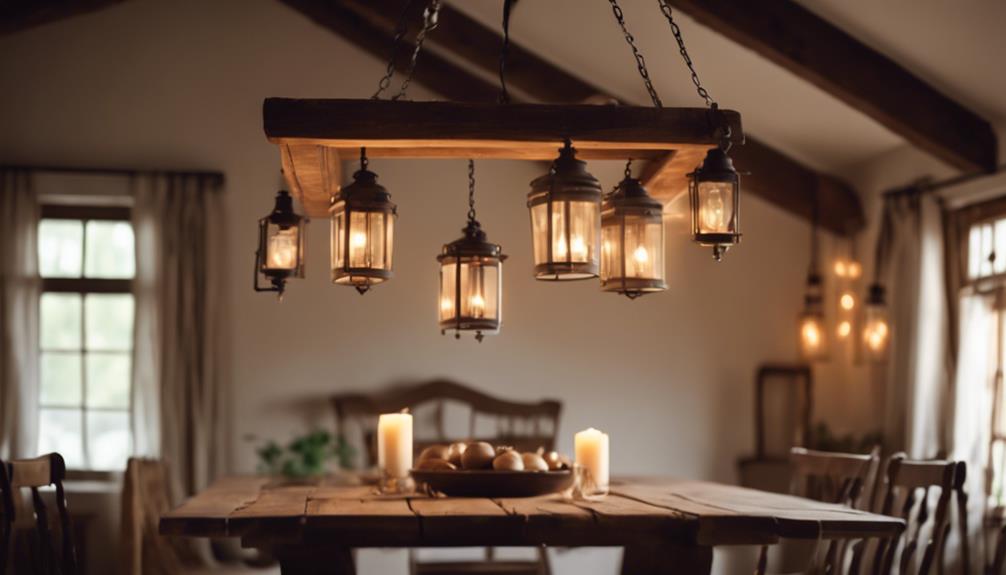To excel in adjusting to the chill of relocating to a cold city, it is essential to get ready for winter living. Begin by winterizing your home and car—be sure to check antifreeze levels, put on snow tires, and insulate pipes. Dress appropriately for the cold weather by layering up, wearing a warm parka, and sturdy boots. Engage in enjoyable winter activities such as skiing or ice skating, and organize cozy gatherings to maintain high spirits. Additionally, consider using sun lamps to brighten up the shorter days if necessary. Embrace the cold, and you will learn how to flourish in your new frosty environment. There is so much to discover! Embrace your new life by seeking out local winter festivals and events, perhaps even trying your hand at building a snowman or making snow angels. Utilize the cold climate as an opportunity to explore new outdoor activities that you may not have tried in a warmer setting. By fully embracing the cold and all it offers, you will realize that your new city has a unique charm and beauty that you may not have unearthed otherwise. Embrace your new life, and let the winter wonderland become your new favorite season.
Key Takeaways
- Prepare your automobile with snow tires and emergency supplies for safe travel in snowy conditions.
- Winterize your new home by insulating pipes, sealing drafts, and maintaining ventilation to ensure comfort.
- Dress appropriately with moisture-wicking layers, insulated clothing, and waterproof outerwear for warmth and protection against the cold.
- Engage in winter activities like skiing, ice skating, or cozy indoor gatherings to enjoy the season and stay active.
Prepare Your Automobile

Before hitting the road in a cold city, make sure your car's antifreeze levels are topped up to prevent any freezing issues. Check the coolant reservoir and add the appropriate mixture if necessary.
Next, consider installing snow tires; they provide better traction in icy conditions and remain flexible even in low temperatures.
Don't forget to pack essential emergency supplies in your trunk, like a sleeping bag, shovel, jumper cables, first-aid kit, and a flashlight.
Always allow extra travel time during snowy weather, as road conditions can change quickly.
Winterizing Your New Home
Winterizing your new home is essential to guarantee comfort and efficiency during the cold months ahead.
Start by insulating pipes to prevent freezing and make certain your furnace is energy-efficient.
Apply weather stripping or caulking around doors and windows to eliminate any drafts.
Clean your gutters thoroughly to prevent ice buildup that can lead to roof damage.
Don't forget to store your garden hoses properly after draining them to avoid freezing issues.
Finally, clear snow and debris from furnace vents to make certain proper airflow and prevent carbon monoxide buildup.
Taking these steps will help you maintain a warm, safe environment as temperatures drop, allowing you to enjoy the winter season without worry.
Dress Right for the Cold

Dressing properly for the cold is essential to staying warm and comfortable during frigid weather.
Start with a base layer that wicks moisture away from your skin. Next, add an insulating layer, like fleece, to trap body heat. Finally, finish with a waterproof shell layer to shield you from wind and snow.
Don't skimp on thermal underwear; it's a game-changer for added warmth. Choose sturdy snow boots, a warm parka, and insulated gloves to protect your extremities. A winter hat is vital, too, as you lose a significant amount of heat through your head.
As you adjust to the chill, gradually acclimate yourself to the colder climate, and keep warm accessories handy for outdoor adventures.
Having Fun in the Frigid Temps
Once you're bundled up and ready to face the cold, it's time to discover the fun activities that winter has to offer. Embrace the season by trying out various winter sports like skiing or snowboarding. If you prefer indoors, join a local gym to stay fit. Gather your friends for cozy indoor holiday parties or organize outdoor fire pit gatherings with warm drinks. Here's a quick glance at some winter activities to ponder:
| Activity | Description |
|---|---|
| Skiing | Hit the slopes for an exhilarating ride. |
| Snowboarding | Try out new tricks on a snowboard. |
| Ice Skating | Glide gracefully on frozen rinks. |
| Winter Hiking | Explore scenic trails surrounded by snow. |
| Cozy Movie Nights | Enjoy films with friends by the fireplace. |
Get out there and have fun!
Chilly Considerations to Keep in Mind

When moving to a cold city, you'll need to adjust to shorter daylight hours, which can greatly impact your mood and daily activities.
Sunsets can happen as early as 4 p.m., so consider using a sun lamp or light therapy box to combat seasonal affective disorder. It's essential to monitor your mental health during the winter; the lack of sunlight can affect your mood considerably.
To stay engaged during long winter nights, plan indoor activities like movie marathons or cooking sessions. Also, familiarize yourself with local resources and community events to foster connections and combat isolation.
Staying proactive about these considerations will help you thrive in your new chilly environment.
Conclusion
In the grand adventure of winter living, you're not just braving the cold; you're dancing with it!
By preparing your car, cozying up your home, and dressing like a layering pro, you'll turn those frosty days into delightful escapades.
Embrace the snowy wonderland with open arms, and don't forget to indulge in the seasonal joys that come with the chill.
So, bundle up, step outside, and let the winter magic sweep you off your feet!









